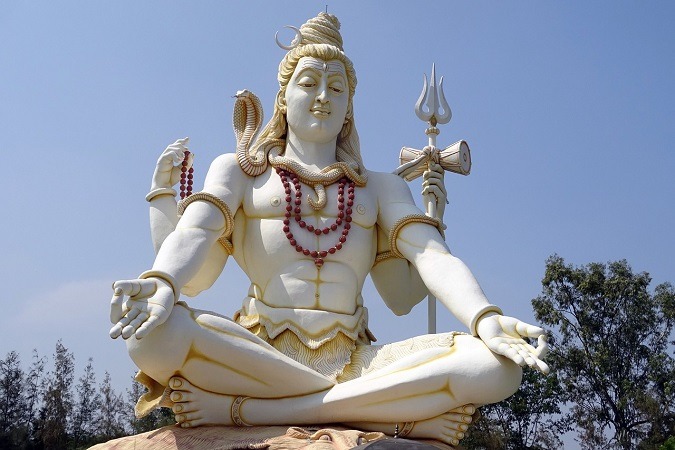Sawan Somwar, also known as Shravan Somvar, is a significant and auspicious time observed by millions of devotees in Hinduism. It is the month of Shravan (July-August) in the Hindu lunar calendar, which is dedicated to Lord Shiva, the deity associated with destruction and transformation. Sawan Somwar holds great religious and spiritual importance, with devotees engaging in various rituals and practices to seek the blessings of Lord Shiva. Here, we will explore the significance of Sawan Somwar and the rituals performed during this holy month.
The Significance of Sawan Somwar:
Sawan Somwar is considered highly auspicious as it is believed that Lord Shiva’s divine energy is particularly active during this period. Devotees fast and engage in prayers, seeking the blessings of Lord Shiva for good health, prosperity, and spiritual upliftment. It is believed that observing these rituals with devotion and purity of heart can fulfill desires, purify the soul, and bring immense blessings.
Rituals and Practices during Sawan Somwar:
1. Fasting: Devotees observe fasts on Mondays (Somwar) during the month of Sawan. Many choose to observe a complete fast without consuming food or water throughout the day. Some individuals opt for a partial fast by consuming fruits, milk, or specific satvik (pure) foods. Fasting is seen as a form of self-discipline and devotion to Lord Shiva.
2. Offering Jal (Water) to Shiva Lingam: Devotees visit Shiva temples and offer holy water, known as Gangajal, or sacred water from nearby rivers to the Shiva Lingam. This act symbolizes the purification of the soul and the offering of one’s devotion to Lord Shiva.
3. Rudra Abhishek: Rudra Abhishek is a special ritual performed during Sawan Somwar, where the Shiva Lingam is bathed with various sacred substances like milk, honey, curd, ghee, and water, while chanting Vedic mantras. This ritual is believed to please Lord Shiva and invoke his blessings for overall well-being and spiritual growth.
4. Chanting Mantras and Reciting Shiva Stotrams: Devotees engage in the continuous chanting of sacred mantras like the Maha Mrityunjaya Mantra or the Om Namah Shivaya mantra. Reciting hymns and stotrams dedicated to Lord Shiva, such as the Shiva Tandava Stotram or the Shiva Mahimna Stotram, is also common during this time.
5. Visiting Shiva Temples: Devotees make special visits to Shiva temples, particularly those dedicated to Lord Shiva in the form of Jyotirlingas. They offer flowers, incense, and light diyas (lamps) as a mark of respect and devotion.
6. Observing Austerity: Some devotees choose to observe additional austerities during the month of Sawan, such as sleeping on the floor, practicing celibacy, or abstaining from certain indulgences. These acts of self-discipline are seen as a way to purify the mind, body, and soul.
Sawan Somwar is a deeply revered period for devotees of Lord Shiva, offering an opportunity for spiritual growth and seeking divine blessings. Through fasting, offering jal to the Shiva Lingam, performing Rudra Abhishek, chanting mantras, and visiting Shiva temples, devotees express their devotion and seek the grace of Lord Shiva. This holy month serves as a reminder of the importance of spirituality, self-discipline, and connecting with the divine. By immersing oneself in the rituals and practices of Sawan Somwar, devotees deepen their spiritual journey and experience a sense of peace, contentment, and divine connection.


























































